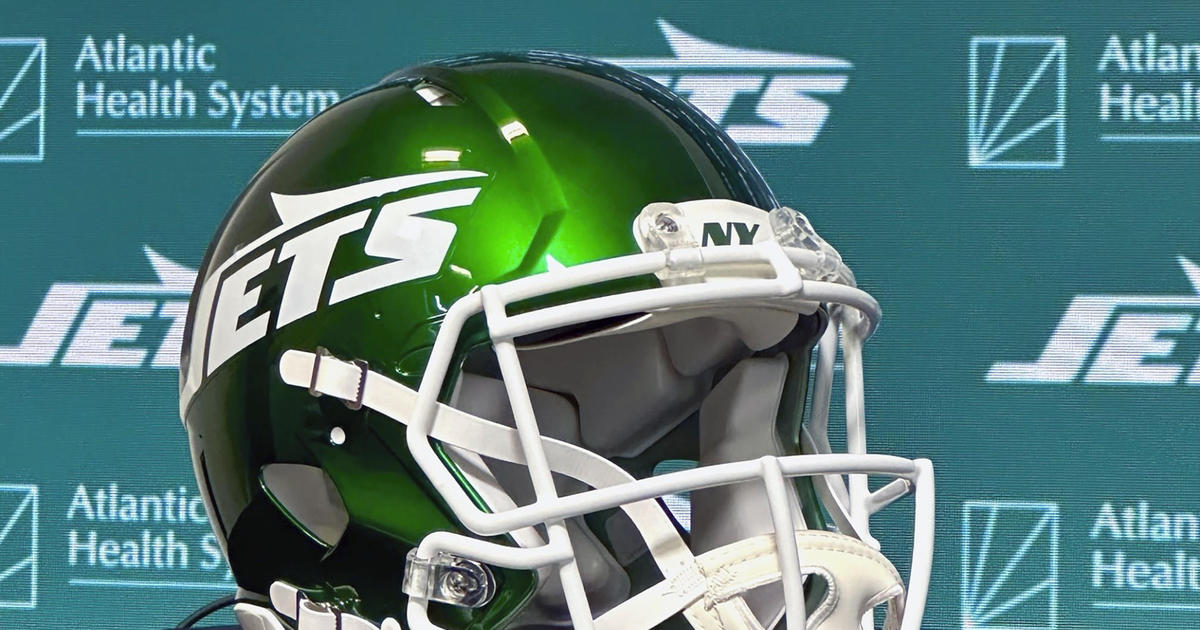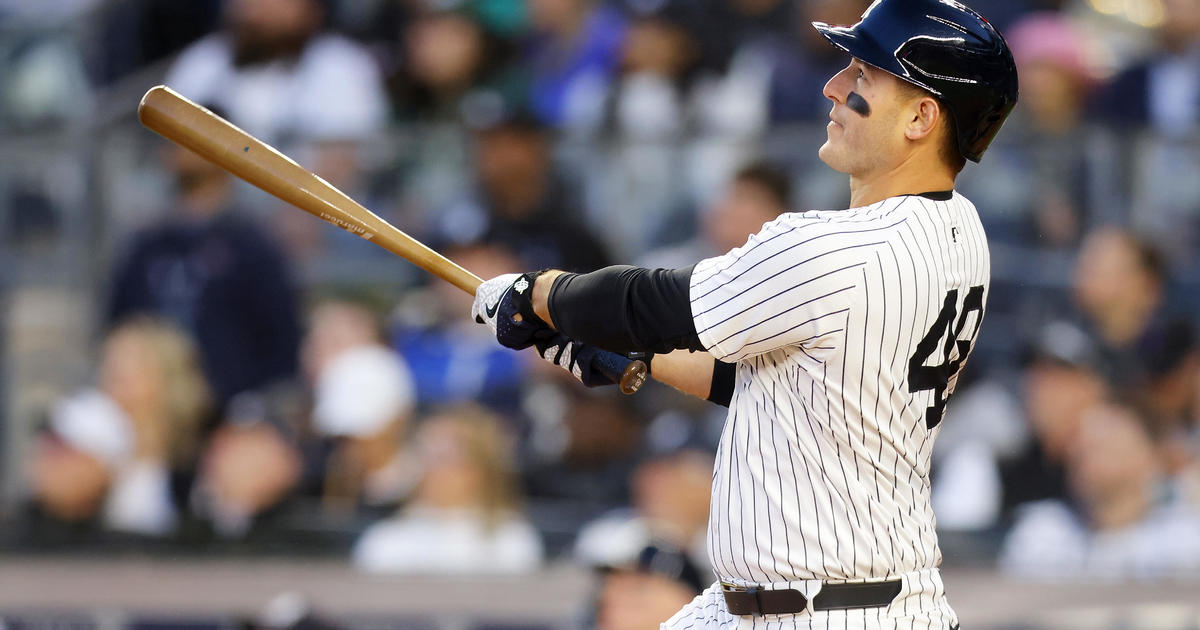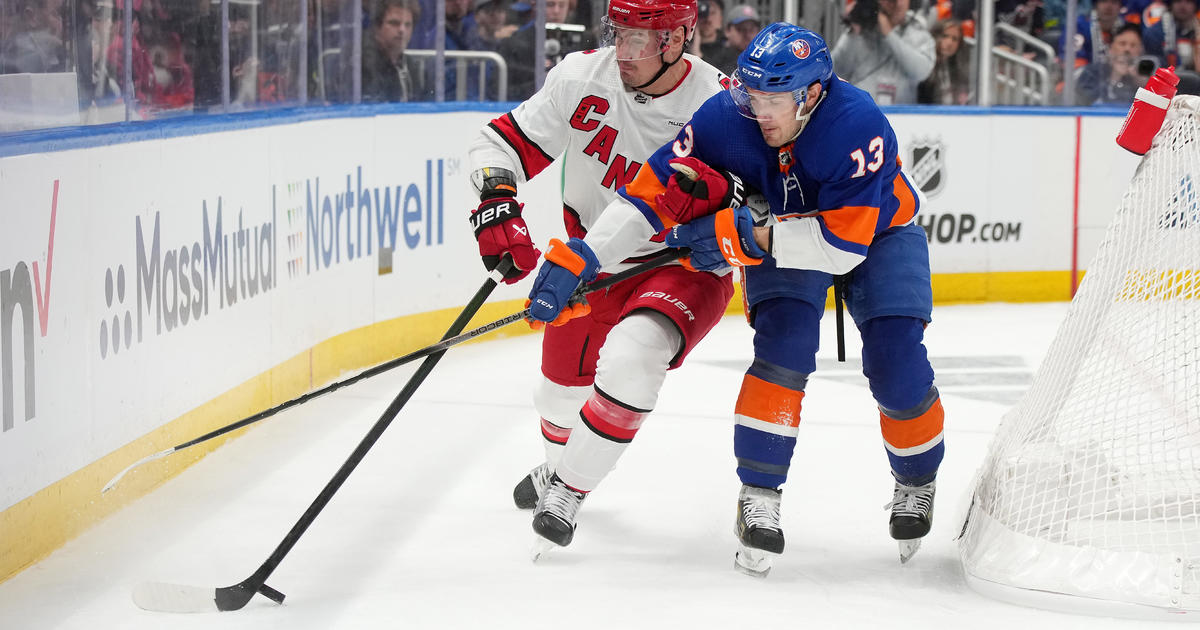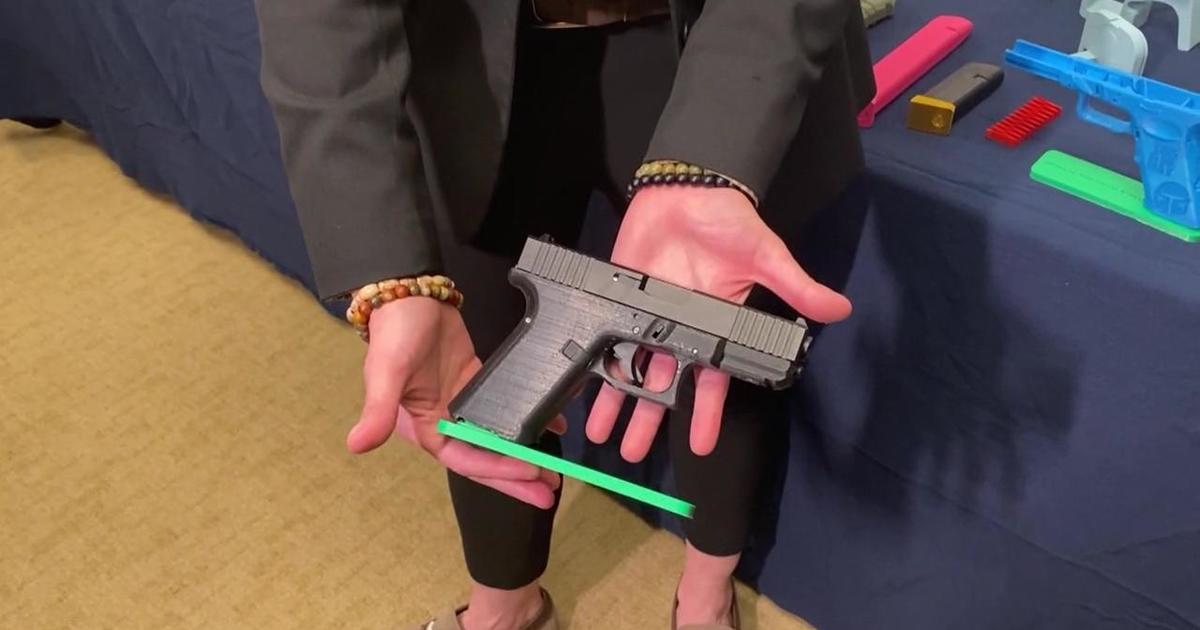Lichtenstein: Team USA Needs To Pick It Up On Defense -- And Fast
By Steve Lichtenstein
» More Columns
Tom Thibodeau is a ticking timebomb.
Team USA's assistant men's basketball Olympic coach, widely regarded as a defensive guru in NBA circles, has looked like his head was about to explode every time NBC's cameras panned in his direction these last few pool-play games.
MORE: Medal Count | Day 11 Photos
The U.S. may be 5-0 as it heads into Wednesday's quarterfinal matchup versus Argentina, but it hasn't looked this vulnerable, particularly on defense, in over a decade.
Eighty-eight points surrendered to Australia? Ninety-one to Serbia? Ninety-seven to France, which sat Spurs star point guard Tony Parker?
This shouldn't be happening.
To be fair to Mike Krzyzewski, Team USA's head coach, it's no easy task to manage a group of 12 professional stars -- all of whom are used to playing major minutes -- with less than a month's preparation time.
Still, there's no denying that Team USA has had the five best players on the floor just about every second of pool play.
Don't let those analysts praising the competition fool you -- the other teams are not that good. Croatia's Bojan Bogdanovic, who started in fewer than half the games for the woeful Nets last season, is the leading scorer in the tournament.
However, the game is played differently overseas, and Team USA has yet to adjust.
There is much more player movement in these Olympic Games. It requires the U.S. defenders to chase their assignments side-to-side, through screens, for the full shot clock.
Let's just say that Team USA's effort to stay attached has been inconsistent.
It's much easier to switch, which isn't necessarily a bad thing for players such as Klay Thompson and Draymond Green, who are used to guarding multiple positions.
However, in addition to the miscommunication that has yielded backdoor layups, the switches have often led to mismatches that opposing teams have exploited.
Unlike in the NBA, where the refs have been instructed that the paying customers were not attending to hear their symphony of whistles but to watch superstars play basketball, the FIBA refs have had no such directive.
The reaches, swipes and bumps that would routinely go ignored by the officials here have been called as fouls in the Olympics.
As a result, the U.S. has let its last three opponents -- vastly inferior opponents -- hang around until very late in the fourth quarter.
Krzyzewski would be foolish to ignore these telltale signs -- and I doubt he has -- just because his team has been winning.
He can't let his devotion to defensively deficient players such as Kyrie Irving, his former Duke recruit, get in the way of his mission. The point guard, as Nets WFAN radio analyst Tim Capstraw is fond of telling me, is the focal point of any defense.
DeAndre Jordan is a better choice than DeMarcus Cousins in the middle, though it will become more imperative to limit Jordan's minutes at the end of quarters when the U.S. is in the bonus, given his free-throw shooting woes.
Most importantly, Krzyzewski needs to get his system ingrained in his stars' heads based on the opponent. How will pick-and-rolls be defended? When should switches be avoided? Which 3-point shooters need to be rotated to the hardest?
Team USA is going to score -- even with its overdoses of isolation ball, the ridiculous amount of talent on the floor has produced the most dominant attack in the tournament. Maybe some expect them to put up points every time they have the ball, but anyone who has criticized the offense needs to look at the numbers.
The U.S. averaged 102.8 points in its five games -- remember, the Olympics are 40-minute affairs versus 48 minutes in NBA games. Its 130 points scored per 100 possessions are 10 points better than second-ranked Australia, per John Schuhmann of NBA.com.
Even if you discount the first two lopsided contests against China and Venezuela, Team USA's 122 points per 100 possessions bests all other countries' performances versus fellow quarterfinalists.
However, the same metric shows that the U.S. surrendered 113.7 points per 100 possessions in the last three games, which places it fifth among the eight quarterfinalists in defensive efficiency.
Make no mistake, the U.S.'s remaining opponents will have viewed the tapes of those games and come away intrigued with the possibilities.
It would still be a major upset if the Americans don't come home with gold medals, but their recent inattentiveness on defense has given their opponents something they haven't had in a long time -- hope.
Follow Steve on Twitter at @SteveLichtenst1



